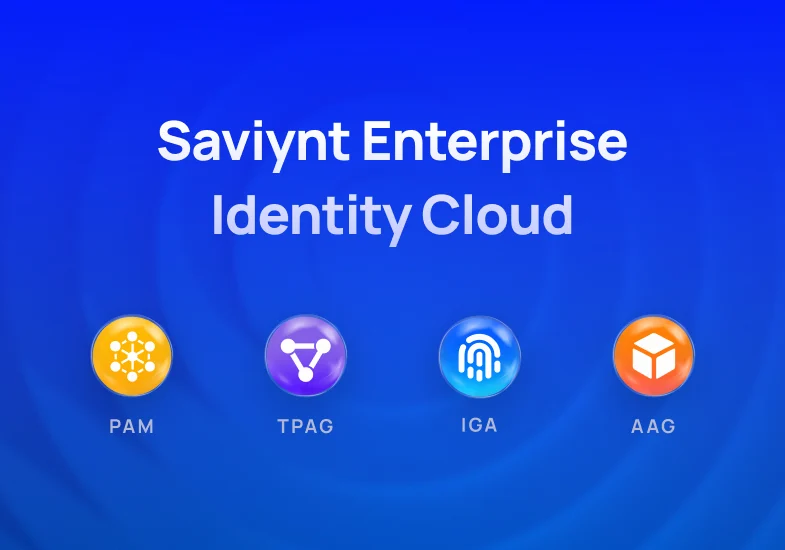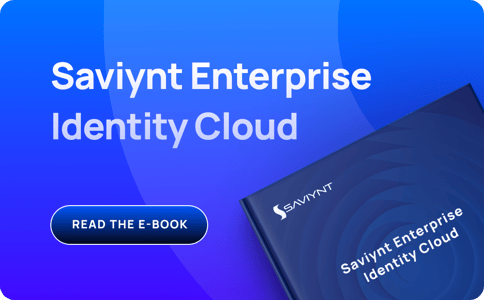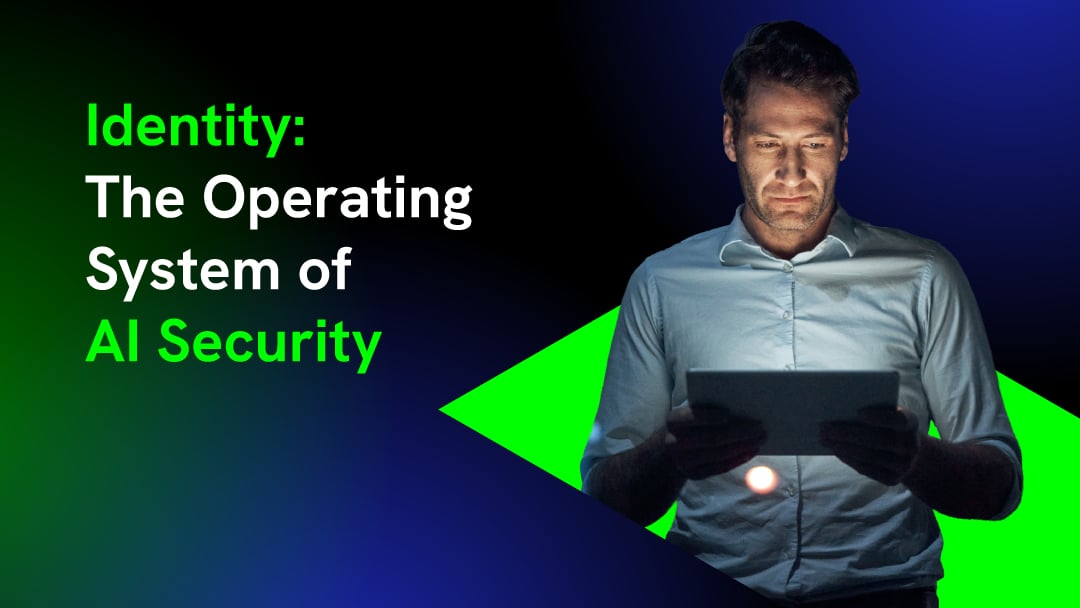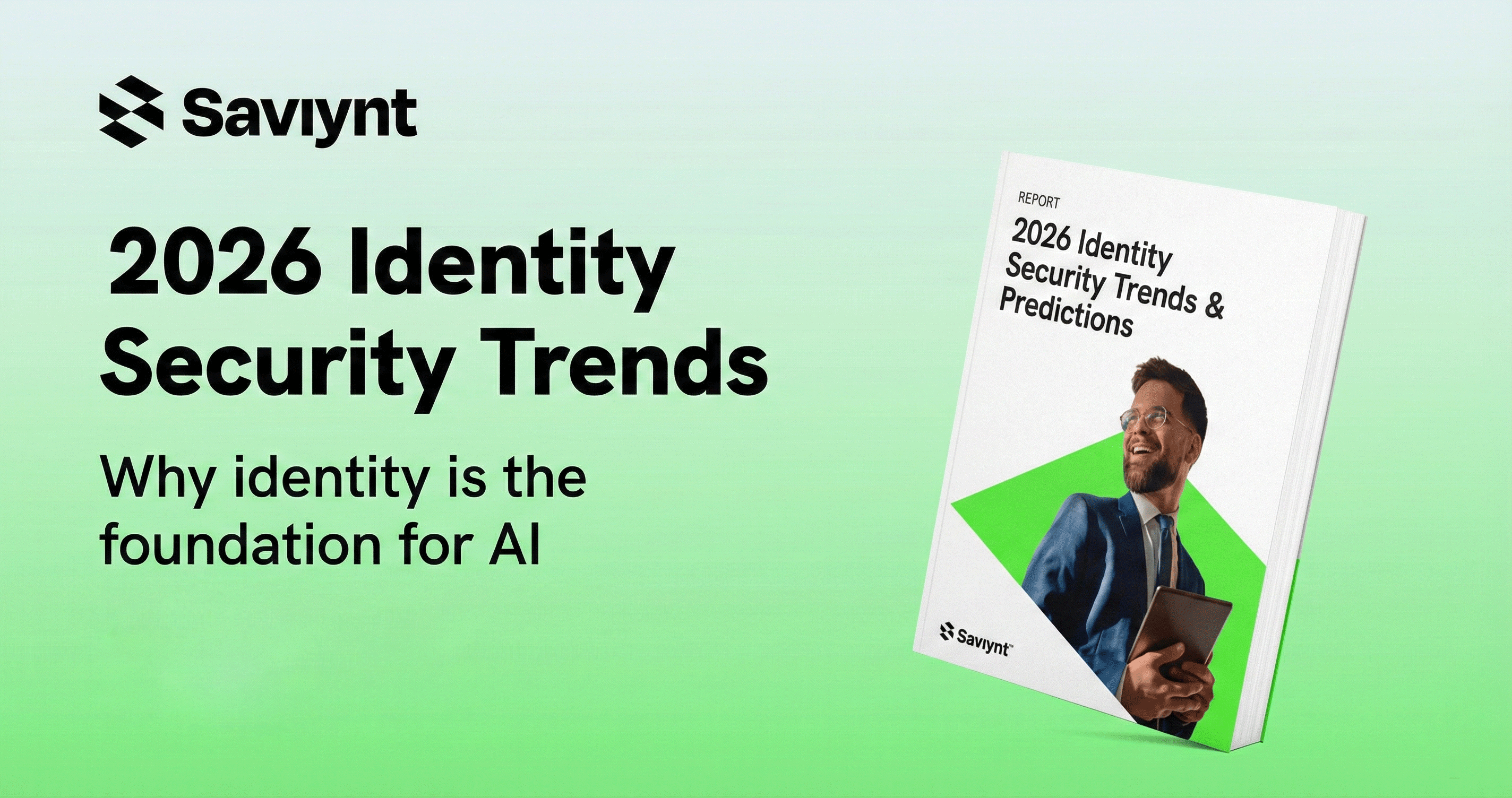More than just underperformance, “converged-in-name-only” solutions actually undermine identity security by offering a false sense of safety.
To help evaluate truly unified solutions, keep in mind the convergence fundamentals:
1. Authentic convergence means: cloud-architected.
IGA vendors may now move solution infrastructure to the cloud and re-market as “cloud-based.” But this doesn’t solve the management challenges that cloud-architected solutions do. So, although buyers no longer require on-premises infrastructure, when platforms are “lifted” to the cloud, cumbersome architecture and management issues remain.
Training and other third-party professional services investments also likely continue, adding operational costs.
Keep in mind: just because a platform supports single sign-on, there’s no guarantee that you’re operating from a single management pane or that capabilities are fully integrated. And if you end up managing fragmented products anyway, what’s the point of convergence?
2. Authentic convergence means: business-ready
As if evaluation wasn’t hard enough, gradients of convergence exist in the market. Companies can end up with “convergence-lite” solutions – when a fully integrated, enterprise-ready platform is needed.
Light solutions are more likely to only support identities in a single cloud, and generally can’t manage on-premises or custom-built applications and the identities associated with them. Light solutions rarely cover all identities or applications, and often fail to address those within multi-cloud and hybrid environments.
Rarely do light solutions provide full automation capabilities, which means administrators and support teams still rely on manual processes for routine access requests, certification campaigns, and provisioning.
As for reporting and auditing capabilities, the provided information may be limited and not useful for continuous compliance.









